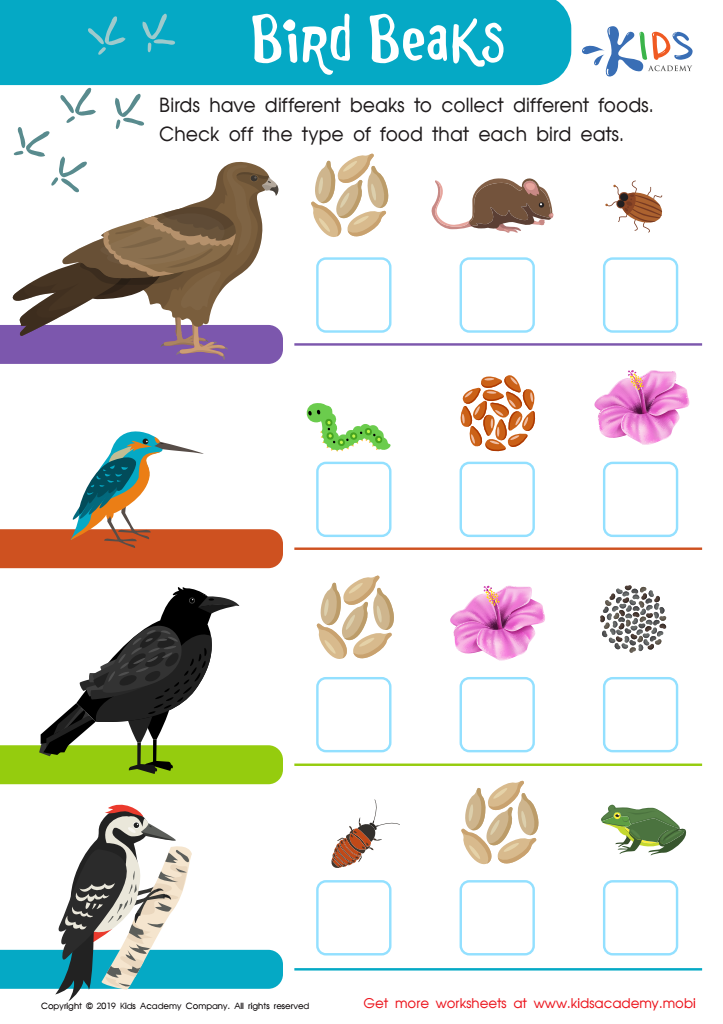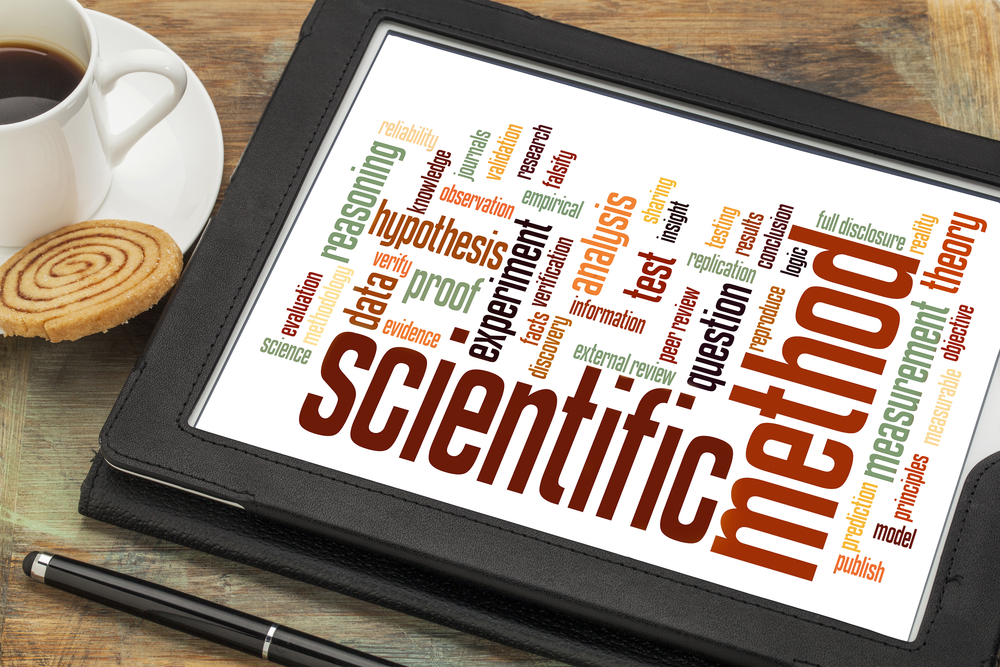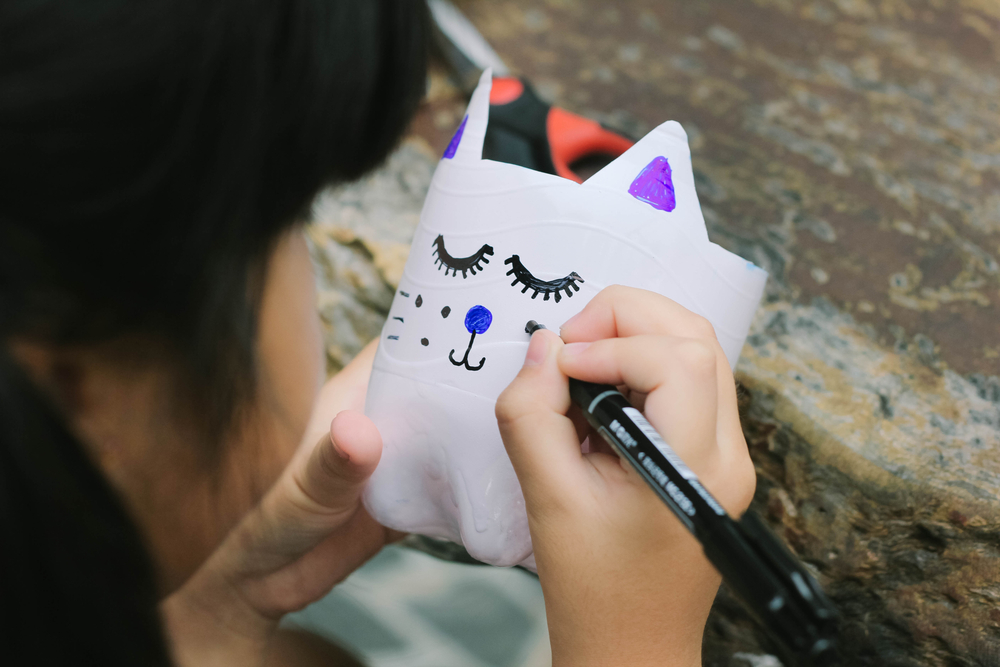Classification skills Normal Science Worksheets for Ages 3-7
4 filtered results
-
From - To
Explore our engaging "Classification Skills Normal Science Worksheets" designed specifically for children aged 3-7. These worksheets promote critical thinking and encourage young learners to sort and categorize various objects, fostering their understanding of similarities and differences in the natural world. Through fun activities, children will enhance their cognitive development and improve their early science skills while enjoying the process of discovery. Ideal for both classroom and home learning, our printable resources are aligned with educational standards, making learning both effective and enjoyable. Help your child develop essential classification skills with these interactive worksheets today!


Matter: Assessment 1 Worksheet


Bird Beaks Worksheet


Animals and Plants: Assessment 2 Worksheet


Space: Assessment 2 Worksheet
Classification skills are foundational for young children, particularly between the ages of 3-7, as they significantly impact cognitive development. Understanding classification helps children organize their experiences by grouping objects, animals, or concepts based on shared attributes, such as colors, shapes, sizes, or characteristics. This skill encourages critical thinking and problem-solving, as children learn to compare and contrast, making sense of the world around them.
For parents and teachers, nurturing classification skills lays the groundwork for future learning in science and mathematics. It promotes literacy, as caregivers can introduce vocabulary related to categories, enhancing language development. Additionally, these skills foster independence and confidence, allowing children to engage in cooperative play and share findings with peers effectively.
Moreover, early exposure to classification contributes to embracing diversity and understanding complex concepts as children grow. By recognizing similarities and differences, young learners develop empathy and the ability to appreciate various perspectives. Therefore, supporting classification skills contributes to holistic development, equipping children with essential tools for academic success and social interactions. Encouraging playful exploration through sorting games, nature walks, and everyday conversations can enhance these skills, fostering a lifelong love for learning in children.
 Assign to My Students
Assign to My Students




















